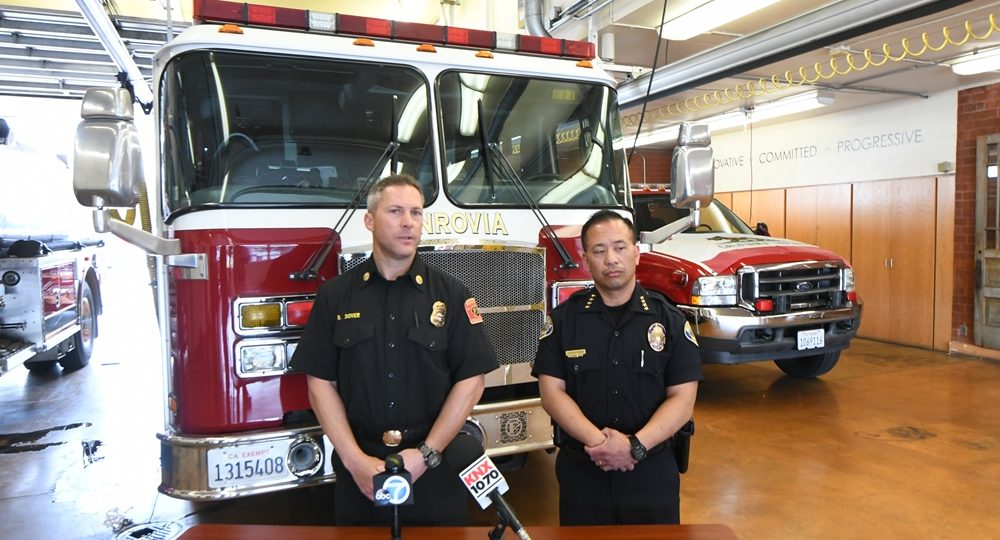
The average American retires without enough money to sustain them in retirement. While it can be difficult to plan for retirement expenses, you can use the national average as a yardstick to estimate what your nest egg should look like. The typical retiree needs at least $828,000 to live in comfort after retirement.
The Bureau of Labor Statistics sets the average retirement age for an American at 62 years old, although many people retire much later. You may think that after retirement, your expenses go down in terms of adjusted living costs, transportation, and their expenses associated with the working life.
However, averages do not represent the actual figures people may encounter. Averages smooth out significant differences in age and spending, while overlooking other factors such as debt and interest rates. Retirees who downsize and move to cheaper suburban areas are also not factored in.
While some retirees may make significant savings by moving to smaller homes, they may also incur extra expenses in healthcare. In addition, some retirees still struggle to pay off their realistic loans well into retirement, thus forcing them to work after hitting retirement age.
It helps to break down your expenses so you can get a rough idea of how much you will spend.
Some of the expenses you might incur in retirement include:
Housing: $15,528-$15,684 per year
Housing takes up the biggest share of the monthly budget for most retirees. This is distributed between property taxes and utilities, including repairs and maintenance services, taxes, insurance, and household supplies.
Some retirees who have their mortgage fully paid off expect that they can take some money off their budget. As a result, they hardly ever consider or account for these expenses.
The Bureau of Labor Statistics (BLS) estimates housing and related expenses to be around 32 percent of your annual expenditure.
Transportation: $6,804-$6,852 per year
While you will save a lot on gas money once you retire, you will still spend a significant percentage of your retirement budget on transportation. The monthly average is $567-$57, which is about 33 percent lower than the average working household.
This expense includes insurance premiums, car maintenance, and the occasional trip.
Healthcare: $5,760-$5,988 per year
Healthcare insurance companies charge more as you age because spending on this category increases for retirees over 65. Medicare might take the sting off a bit, but you will still have to deal with premiums and emergencies.
There may be no assistance from an employer; however, these rates reduce to around $5,091 per month for retirees over 75.
Food: $5,796-$5,988 per year
The food budget is significant for households of all age brackets. However, people over the age of 65 spend about 0.5 percent less than the average rate in other households. The popular misconception about the food budget going up after retirement is based on retirees eating out. In fact, retirees spend less than $200 every month on eating out.
More retirees are cooking on their own, allowing them to eat fresh food. It also helps to get early-bird discounts at restaurants.
Personal Insurance: $2,736-$2,844 per year
Some retirees still pay for personal coverage, which helps cover unexpected expenses. It is also a safety net for their families in case of a financial shortfall.
Note, this does not apply to all retirees as some draw on their pension in their golden years.
Cash Contributions: $2,292-$2,424 per year
Most Americans over age 65 may be well past paying alimony or child support, but some still have these costs in their retirement. Some also opt to donate to charitable organizations. The average household contributes less at $173 per month.
Entertainment: $2,364-less per year
With retirement, you can spend your days enjoying yourself without having to worry about commitments like work. Statistics show retirees spend as much on entertainment as people in the 25-34 age group.
This is still lower than the average household by around $552 per year.
Miscellaneous: $3,528- less per year
It is always a good idea to keep a little money aside for a rainy day. This amount can deal with small categories, like books or a trip to the store with the grandchildren. It is also an advantage to have this money to help where you may fall short in other budget areas.
Retirement Savings Levels
If you do not want to be part of working Americans who retire without enough savings to sustain them, you must change your savings habits today. Around 42 percent of workers in the country do not have sufficient money to retire on, having put aside less than $10,000.
Of the total working population, 16 percent have more than $300,000 in their nest egg.
If you still have a significant number of years left in your working life, you can start remedying this by increasing the amount you save for retirement. Setting aside 15 percent, or more of your monthly paycheck can help secure your golden years.
Another option is to increase your savings and investments; these interest rates over time might bring you closer to the targeted $828,000.
If you are wondering where all this extra savings money will come from, there is an easy solution. Consider “trimming the fat” from your budget. This includes downgrading the cable package, cooking your own meals, sell off an unnecessary car, even that Starbucks stop every morning that eats into your savings.
If your budget is tight, you need to consider growing your income. This may be the most difficult option but picking up a paying hobby such as baking cakes for friends on the weekend at a fee might boost your income. Other activities which can bring in a significant amount without eating into your day job include:
- Renting out property: Letting out an extra room on Airbnb can bring in up to $500 a month.
- Carpooling: Picking up people who are unable to drive on your route to work won’t cost you more and may actually put money in your pocket. You can earn up to $350 per month.
- Freelancing: Use your office skills to work as a consultant and makeup to $200.
- Fitness: Working as a fitness coach can earn you an extra $200 every month.
The amount you make from these side jobs is directly proportional to the amount of time individuals are willing to put in. This can be difficult when you have a full-time job which demands overtime. You might be forced to give up free time with family and friends or even cut back on sleep.
Want to Have a Golden Retirement?
If you are unsure how much retirement will cost, use an online retirement calculator to get an estimate. If you already have a retirement plan, talk to an administrator and work it out together.
In addition to lifestyle changes, it is important to make serious changes to spending habits if you want to have a comfortable retirement. Take more long-term investment risks when you are still a long way from retirement.
Saving now will cushion you from the harsh economic times during your retirement.







